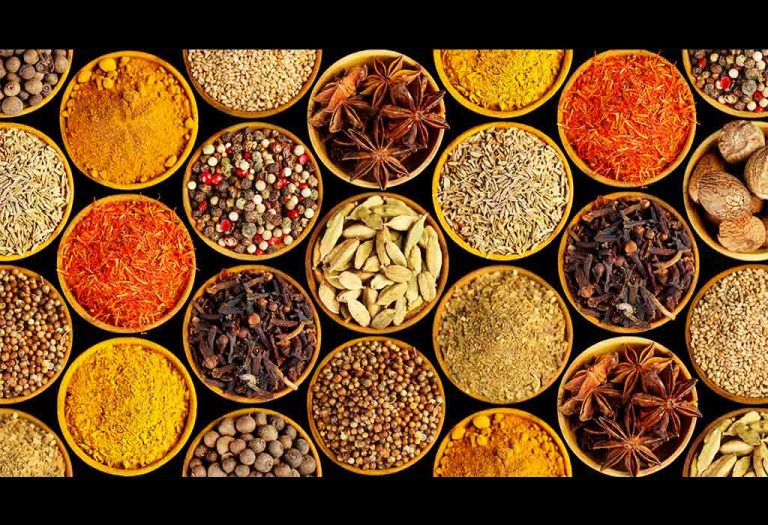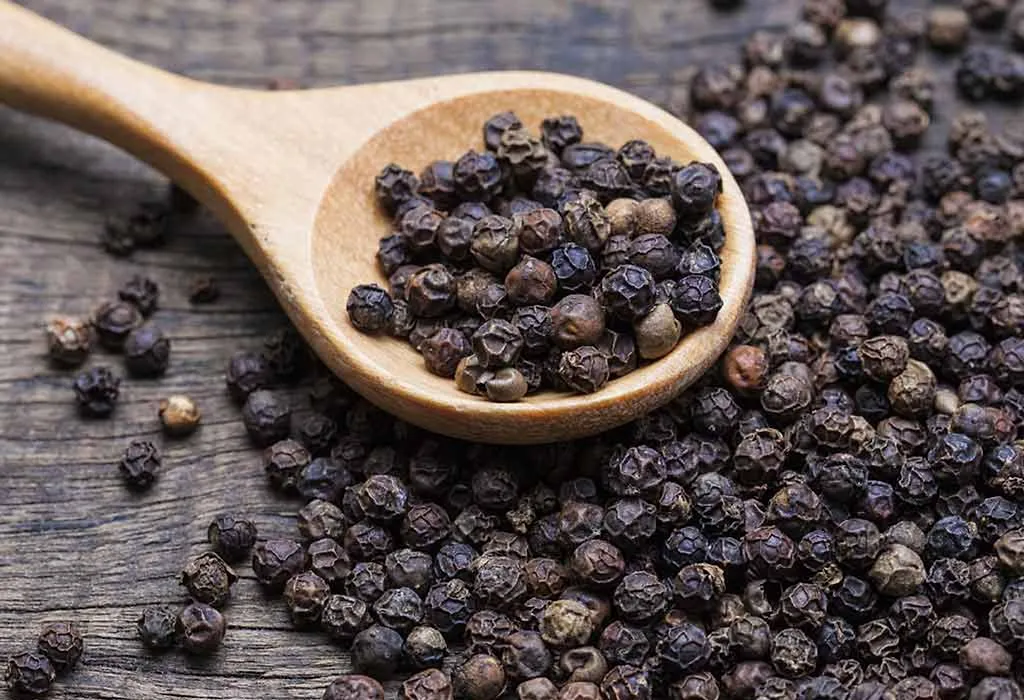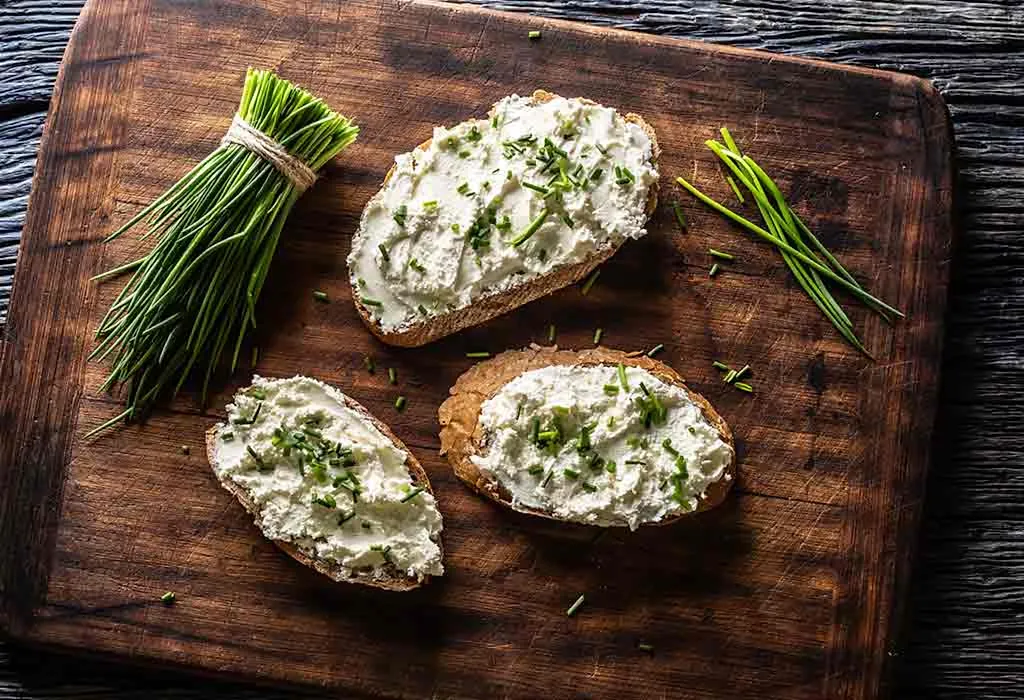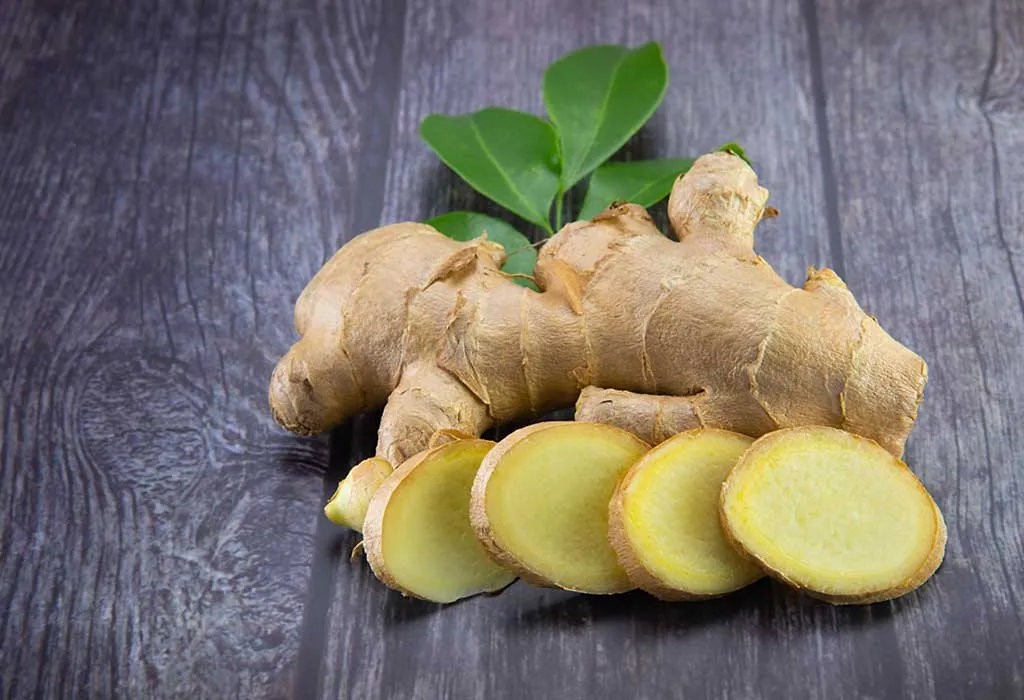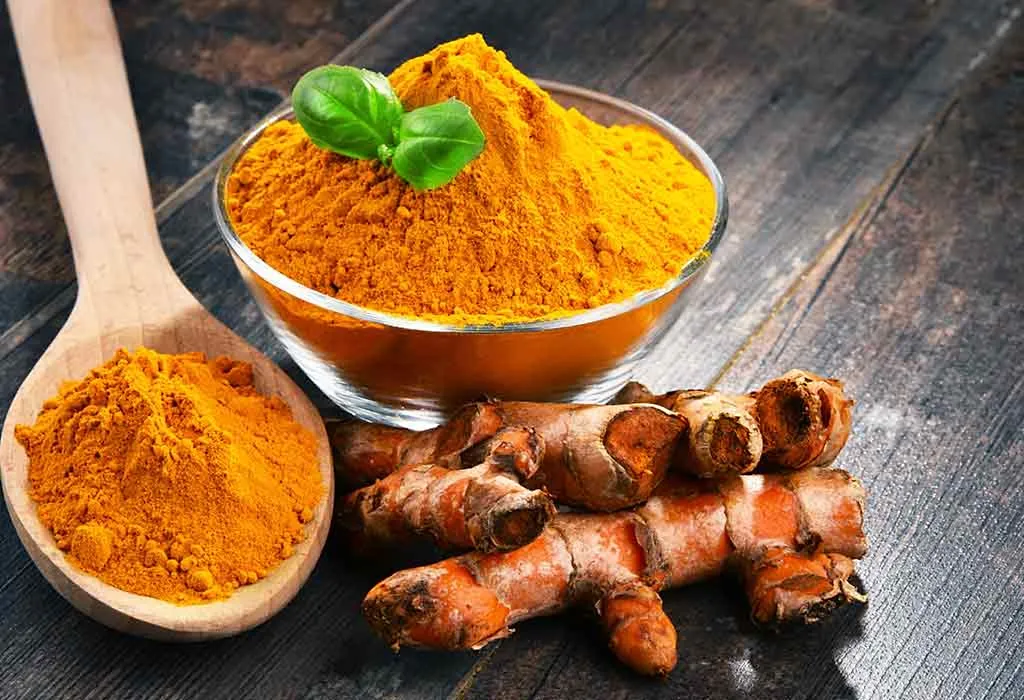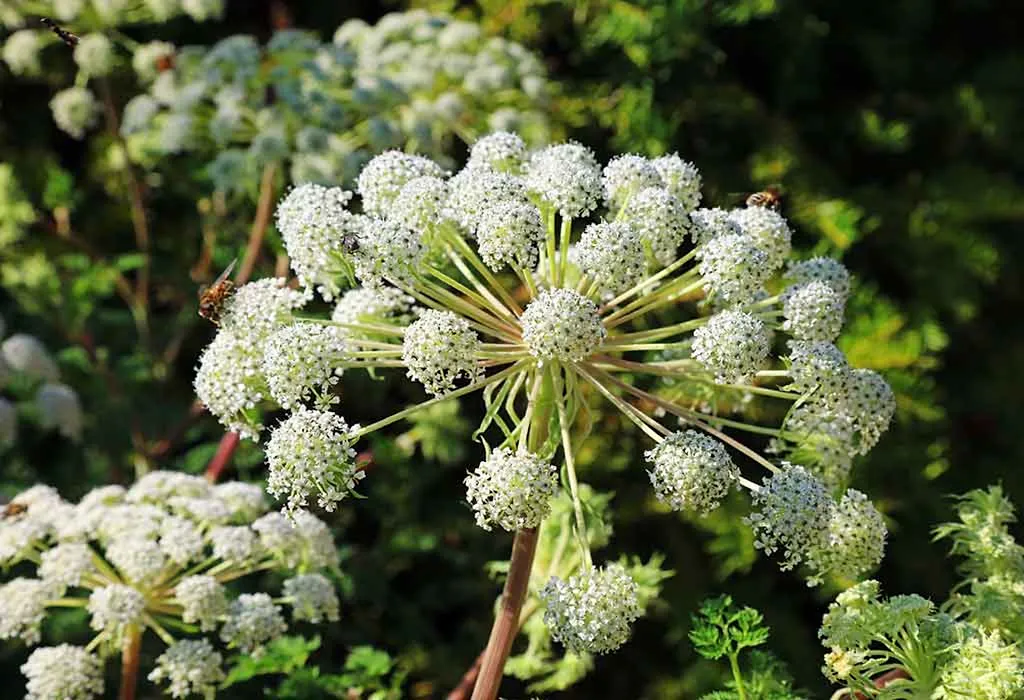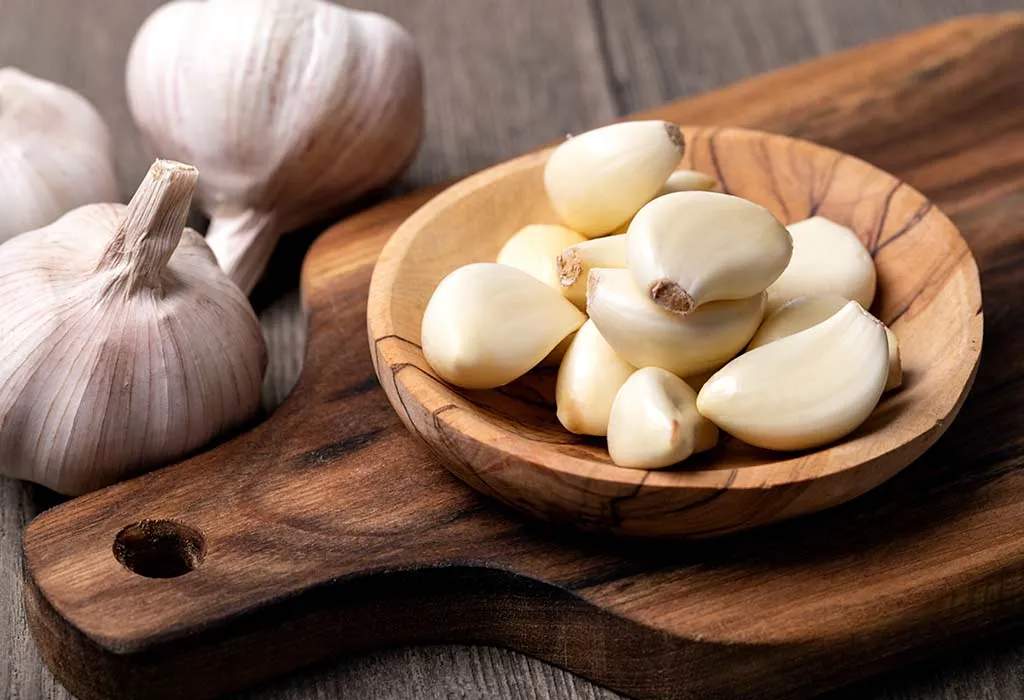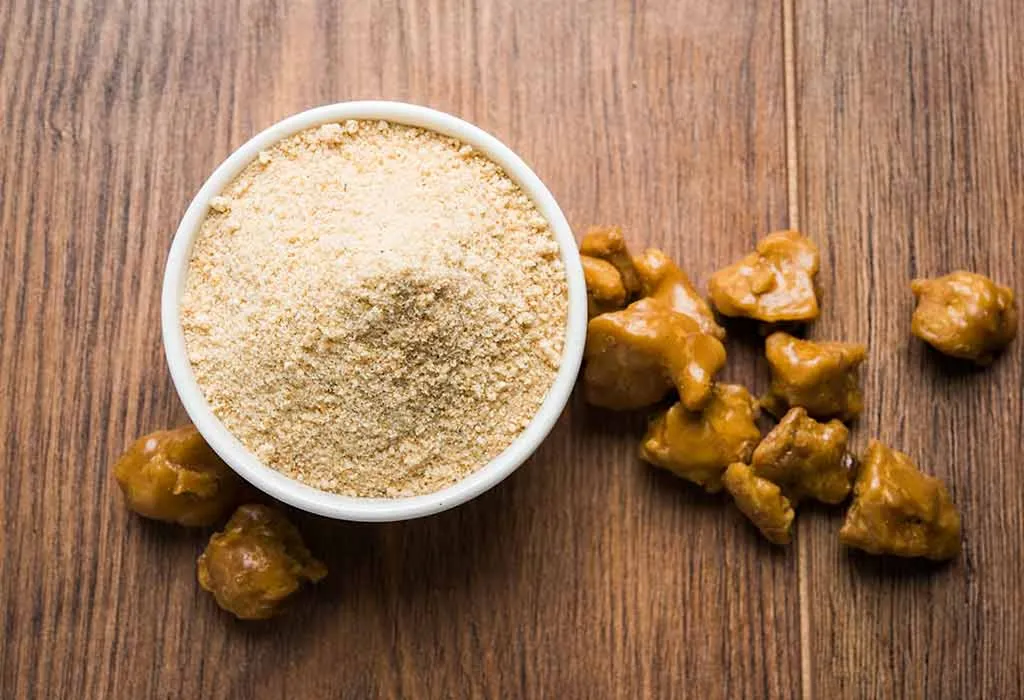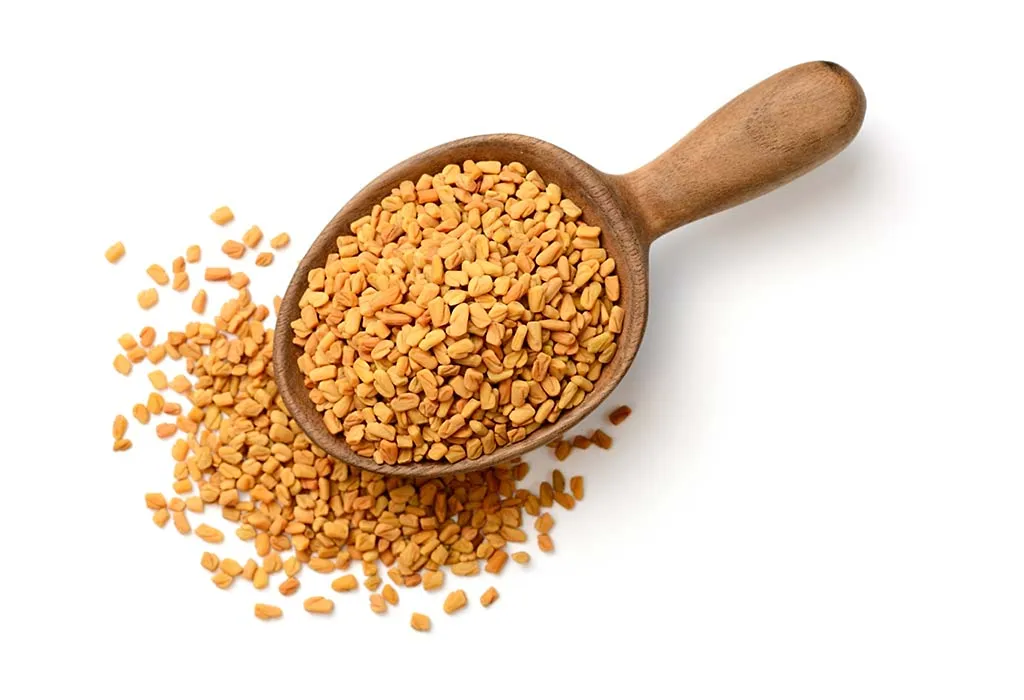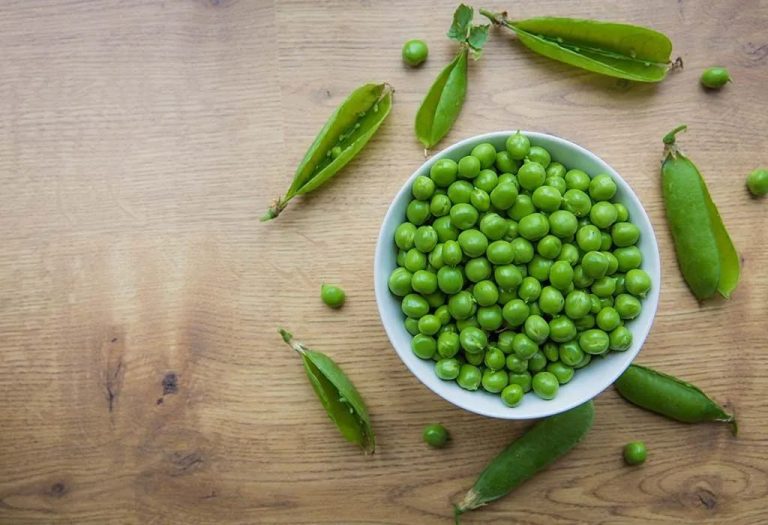Spices You Can Consume and Avoid During Pregnancy
Condiments and spices play an important role in adding aroma, taste, and flavour to any dish, taking it from bland to super lip-smacking. However, when you are pregnant and already struggling with nausea and heartburn, it is common to wonder what spices you can consume during pregnancy and what spices you should avoid during pregnancy. If you are also debating yourself with this question, then dear momma, you are not alone. Spices are made from various dried fruit substances, vegetables, barks, roots, and kernels. While spices are also used as preservatives and colouring agents (suppose, saffron), herbs, on the other side, are mostly used for adding flavour or garnishing and have a leafy part attached to them. That said, during pregnancy, there are many concerns about women consuming and avoiding certain spices due to their adverse effects. Hold tight, as we are going to uncover it all in this article!
Spices That Are Safe to Eat During Pregnancy
Diet is of utmost importance for a pregnant mother as it is the only source of nourishment for the baby. Pregnant women often look for natural herbs and spices for relief from common discomforts and to gain essential nutrition. The following spices are definitely safe to have during pregnancy:
1. Cardamom
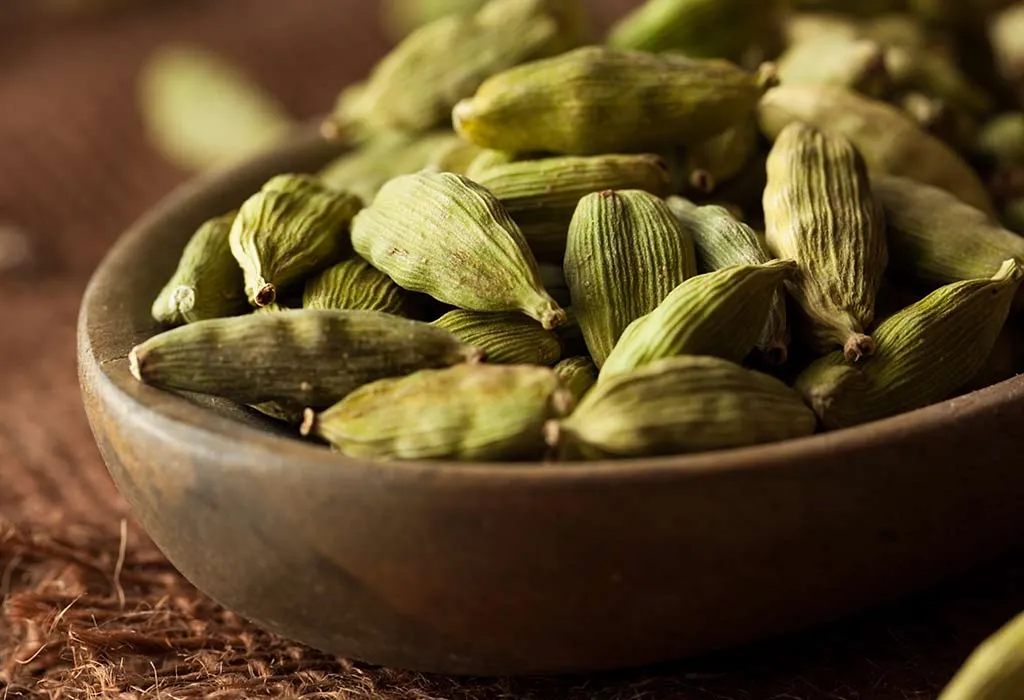
This is one of the best spices safe for pregnancy. Cardamoms help to beat nausea and are pretty safe to have during pregnancy. Tea with cardamom flavour and other recipes with the scent of cardamom does not cause any harm to a pregnant woman. Even perfumes or scents with the cardamom fragrance can bring relief from nausea (1).
2. Black Pepper
Pregnant ladies require a rich source of chromium, which is found in black pepper. Pregnant ladies who have high sugar levels can be controlled by the intake of chromium (2). Low chromium level increases cholesterol leading to heart attacks.
3. Chives
Fresh chives are an essential source of folate. It is a known fact that folic acid is required for DNA synthesis, cell division and brain development of the foetus (3). Neural tube defects are not seen in the baby if the expectant mother adds enough folate levels to her diet.
4. Ginger
Ginger is a godsend! An effective home remedy, ginger works great for moms who have issues like vomiting, nausea, and morning sickness (4). Ginger gives immediate relief from nausea if 1gm of it is taken for four consecutive days. It is also known to have a soothing effect on morning sickness.
5. Turmeric
Turmeric is not known as the ‘golden spice’ for nothing. This wondrous spice, aka ‘Indian saffron, ‘ charts the top of Indian spices for its exemplary health benefits in general. It is known to have a wonderful effect on the skin and works great as a pain reliever. Turmeric contains a natural detoxifier that protects the liver from the damage of pharmaceuticals, chemicals, and alcohol. The spice is likely safe during pregnancy when consumed in moderate quantities (5). However, women should avoid taking supplemental quantities of turmeric in the form of capsules or shots.
Spices to Avoid During Pregnancy
If spicy food is consumed during pregnancy, chances of experiencing heartburn or acidity may increase. Though the very fact is accepted that spices add taste to any food, there are certain spices one must try to avoid during the pregnancy, so the foetus stays unharmed. The herbs and spices to avoid in pregnancy are the following:
1. Peppermint
Pregnant ladies are advised to be extra cautious during pregnancy. According to the American Family Physician Journal, peppermint oil can trigger menstruation and should be strictly avoided during pregnancy (6). However, the amount of peppermint used in the preparation of herbal teas, over-the-counter medicines, or topical preparations is not likely to cause much harm to pregnant women. We still advise consulting your doctor before consuming peppermint in any form.
2. Angelica
The consumption of angelica, a spice, is not recommended during pregnancy as it has a substance which makes the blood thinner, thereby causing risk to the unborn baby (7).
3. Garlic
The consumption of garlic in heavy amounts is not recommended by experts during pregnancy as the potentially toxic substance in garlic can lead to bleeding and heartburn as well. Though it is generally safe when consumed in minimal amounts.
4. Asafoetida
It is a popular spice which is used regularly in many homes. During pregnancy, it should not be taken as there can be a major risk of a miscarriage happening. It sometimes results in blood loss. It is generally used as a contraceptive and so should be avoided by expectant mothers.
5. Fenugreek
Fenugreek, as a spice, should be avoided as the seeds have a stimulant effect on the uterus of the females. If the seeds are ingested, it can lead to diarrhoea, gas trouble or a bloated stomach. If fenugreek seeds are consumed in a high dose than usual in the food, it can end up in birth defects or growth retardation in the baby (8).
This was our spices to avoid during pregnancy list. Make sure you consult your doctor in case of any doubts.
FAQs
1. Can spicy foods or spices induce labour?
Some anecdotal evidence suggests that spicy foods might stimulate contractions due to their ability to irritate the digestive system mildly. However, there’s no strong scientific evidence linking spicy foods or specific spices directly to inducing labour. Pregnant individuals should consume spicy foods in moderation based on personal tolerance.
2. Are there any cultural or traditional beliefs about spices during pregnancy?
Yes, in some cultures, certain spices are believed to have specific benefits or risks during pregnancy. For example, turmeric is traditionally used in South Asian cuisine and is believed to have anti-inflammatory properties, but excessive consumption might be cautioned against due to its potential effects on blood clotting. It’s important for pregnant individuals to consider both cultural beliefs and scientific evidence when making dietary choices.
The pregnancy period is the time when ladies crave all the mouth-watering dishes, but it is always beneficial for them if they control their taste buds and remain extra careful about the unborn child and their regular diet. All the recipes contain some spice or the other, which should be checked very well before eating. It is already a well-known fact that the food that the mother consumes has a direct effect on the health of the child.
Among other Indian spices to avoid during pregnancy is fennel or ‘saunf’. Consistent consumption of fennel seeds stimulates menstruation, and so it should be avoided at all costs. It is not very difficult to avoid these spices throughout your journey of pregnancy, and ultimately, it helps you and your baby remain fit and healthy.
References/Resources:
1. Perfume and Pregnancy; American Pregnancy Association; https://americanpregnancy.org/healthy-pregnancy/is-it-safe/perfume-and-pregnancy/
2. Chromium; Mount Sinai; https://www.mountsinai.org/health-library/supplement/chromium
3. Folate; National Institutes of Health; https://ods.od.nih.gov/factsheets/Folate-HealthProfessional/
4. Lete. I, Allué. J; The Effectiveness of Ginger in the Prevention of Nausea and Vomiting during Pregnancy and Chemotherapy (Integrative Medicine Research); National Library of Medicine; https://www.ncbi.nlm.nih.gov/pmc/articles/PMC4818021/; March 2016
5. Filardi. T, Varì. R, Ferretti. E, et al.; Curcumin: Could This Compound Be Useful in Pregnancy and Pregnancy-Related Complications?; National Library of Medicine; https://www.ncbi.nlm.nih.gov/pmc/articles/PMC7603145/; October 2020
6. Klinger. B & Chaudhary. S; Peppermint Oil; American Family Physician Journal; https://www.aafp.org/pubs/afp/issues/2007/0401/p1027.html
7. Kim. S, Lee. J, Han. Y, et. al.; Decursinol from Angelica gigas Nakai enhances endometrial receptivity during implantation (BMC Complementary Medicine and Therapies); National Library of Medicine; https://www.ncbi.nlm.nih.gov/pmc/articles/PMC7076876/; February 2020
8. Khalki. L, Bennis. M, Sokar. Z, Ba-M’hamed. S; The developmental neurobehavioral effects of fenugreek seeds on prenatally exposed mice (Journal of Ethnopharmacology); National Library of Medicine; https://pubmed.ncbi.nlm.nih.gov/22178172/; January 2012
Also Read:
Best Fruits to Eat during Pregnancy
Indian Foods To Avoid while Pregnancy
Foods You Should Strictly Avoid in Pregnancy
Drinks & Beverages You Should Avoid when Pregnant
Was This Article Helpful?
Parenting is a huge responsibility, for you as a caregiver, but also for us as a parenting content platform. We understand that and take our responsibility of creating credible content seriously. FirstCry Parenting articles are written and published only after extensive research using factually sound references to deliver quality content that is accurate, validated by experts, and completely reliable. To understand how we go about creating content that is credible, read our editorial policy here.





